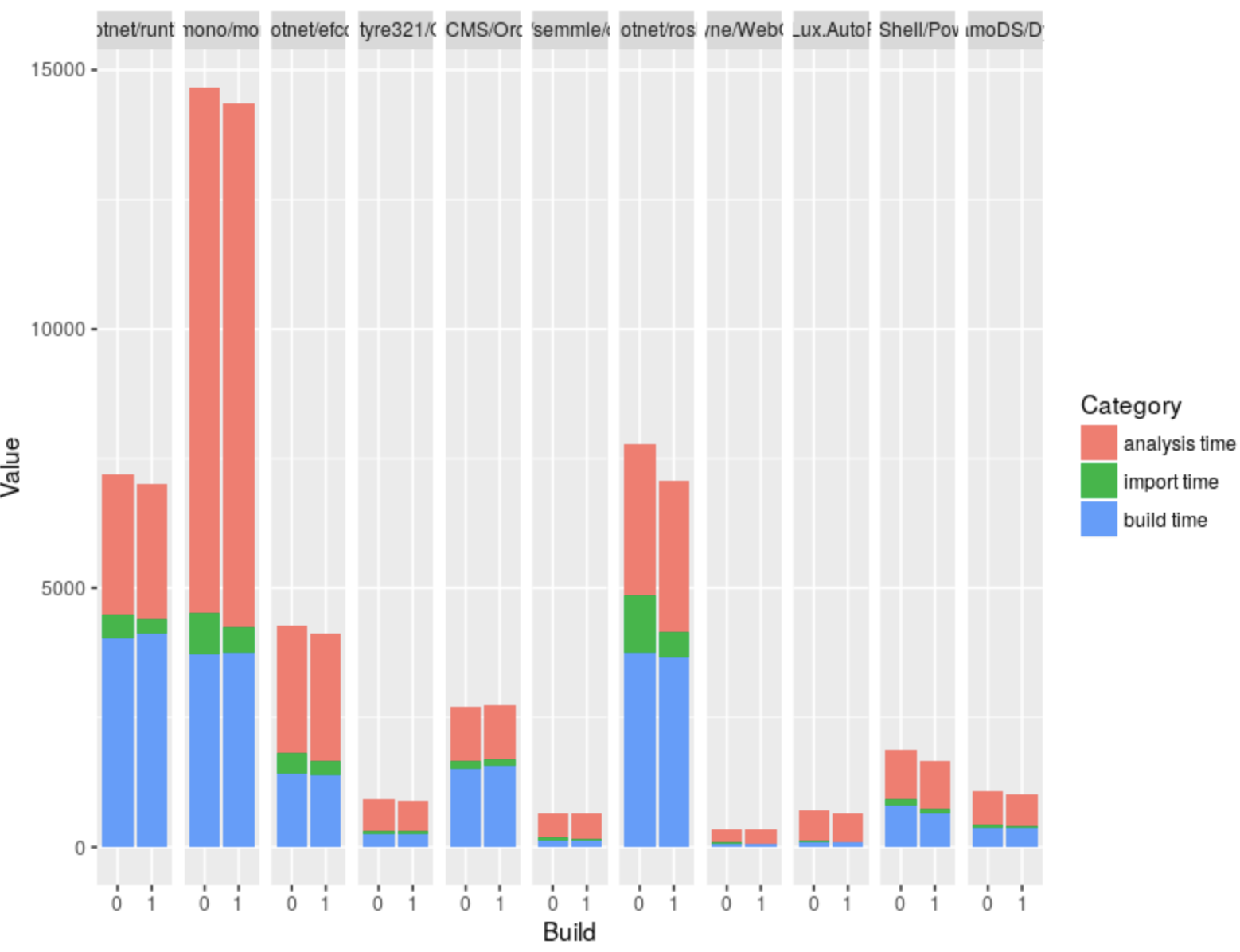-
Notifications
You must be signed in to change notification settings - Fork 1.8k
C#: Populate labels earlier #6012
New issue
Have a question about this project? Sign up for a free GitHub account to open an issue and contact its maintainers and the community.
By clicking “Sign up for GitHub”, you agree to our terms of service and privacy statement. We’ll occasionally send you account related emails.
Already on GitHub? Sign in to your account
Conversation
c852b49 to
6b63e03
Compare
| @@ -52,6 +54,10 @@ protected void DefineLabel(IEntity entity) | |||
| finally | |||
| { | |||
| writingLabel = false; | |||
| if (labelQueue.Any()) | |||
There was a problem hiding this comment.
Choose a reason for hiding this comment
The reason will be displayed to describe this comment to others. Learn more.
Should this be while loop rather than an if so that we write out all the labels from the queue?
There was a problem hiding this comment.
Choose a reason for hiding this comment
The reason will be displayed to describe this comment to others. Learn more.
DefineLabel is recursive, so a while loop is not needed.
There was a problem hiding this comment.
Choose a reason for hiding this comment
The reason will be displayed to describe this comment to others. Learn more.
This recursion might result in strange behavior: the first item (entity A) in the queue is dequeued, and if in the meantime DefineLabel is being called on another entity, then entity A might be enqueued again, which means it goes to the end of the queue, so the queue doesn't give any guarantee on the ordering.
There was a problem hiding this comment.
Choose a reason for hiding this comment
The reason will be displayed to describe this comment to others. Learn more.
The order is not super important, what matters is that we populate the labels as early as possible. For example, for a method like
IEnumerable<int> M(string s) { }we will (simplified) generate the following TRAP:
#0 = {#1} M({#2} s)
#1 = {#3}<{#4}>
#2 = "string"
#3 = "IEnumerable<>"
#4 = "int"
so we are still using labels before their definition, but the definition will follow shortly after, as opposed to the old implementation.
| protected void DefineLabel(IEntity entity) | ||
| { | ||
| if (writingLabel) | ||
| { | ||
| // Don't define a label whilst writing a label. | ||
| PopulateLater(() => DefineLabel(entity)); | ||
| labelQueue.Enqueue(entity); |
There was a problem hiding this comment.
Choose a reason for hiding this comment
The reason will be displayed to describe this comment to others. Learn more.
Is there a guarantee that labelQueue gets emptied? It seems possible that there are items left in the queue:
Thread 1 starts defining label on entity A (writingLabel == true), Thread 2 enters if (writingLabel), Thread 1 finishes all the work even the finally block, and then Thread 2 enqueues the entity.
There was a problem hiding this comment.
Choose a reason for hiding this comment
The reason will be displayed to describe this comment to others. Learn more.
It's all single threaded: Multi-threading is only for extracting different files in parallel.
There was a problem hiding this comment.
Choose a reason for hiding this comment
The reason will be displayed to describe this comment to others. Learn more.
Hmm, I should have known this. 🤦
Fixes github/codeql-action#544.
https://jenkins.internal.semmle.com/job/Changes/job/CSharp-Differences/1128/
This improves TRAP import time significantly on some projects:
